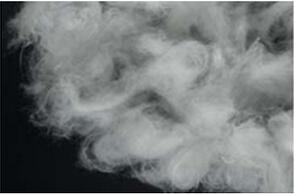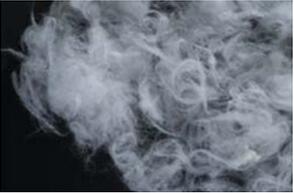The first domestic fully automatic fiber weighing and filling machine, suit for all kinds of fiber, like fake down padding, pearl fiber and polyester fiber. Targeted to fiber filling materials, we R&D several models to meet different requirements. Also has one model can fill both fiber and down. Machines all have automatic weighting system, measurement controllable, replace the original inefficient multi-handmade operating mode. More applicable for single filling requiement above 2 grams, higher efficiency, higher accuracy, sweeping breakthrough of the fiber filling technology. There are at least two filling ports, are independently operated by two workers. It's so efficient and labor saving.
*Related Products:fiber Fiber Filling Machine,polyester filling machine,ball fiber filling machine.
Fiber Filling Machine Fiber Filling Machine,Automatic Fiber Filling Machine,Fiber Stuffing Machine,Polyester Fiber Filling Machine,Ball Fiber Filling Machine Changshu Bealead Automatic Machine CO., LTD. , https://www.bealeadglobal.com
This move may have a negative impact on the current profitability of companies operating fertilizers and related businesses. The implementation of policies to increase the export tariffs on fertilizers will undoubtedly change the foreign trade environment of these companies and reduce the profitability of the international fertilizer market in the context of high prices.
At present, the prices of nitrogen fertilizer products continue to skyrocket in the international fertilizer market. There are several reasons for this. First of all, in the environment where the U.S. dollar continued to depreciate sharply, the price of nitrogen fertilizer products rose due to inflation. Second, energy prices have risen, especially since the beginning of the year, and oil prices have continued to rise, pushing up raw material and transportation costs for nitrogen fertilizer products. Third, the price of food in the international market has risen sharply, which has increased the cost of agricultural resources. Fourth, the implementation of the U.S. New Energy Act has increased the demand for nitrogen fertilizer products on the international market and has aggravated the contradiction between supply and demand.
Raising special export tariffs basically closed exports with energy and resource-based nitrogen fertilizer products, which will ease pressure on prices of nitrogen fertilizer products and ease the supply and demand contradictions in the domestic fertilizer market. At the same time, the reduction in the export volume of Chinese products in the international nitrogen fertilizer market will drive further increases in the prices of related products in the international market. The government acts to effectively solve the problems of agriculture, rural areas and farmers. After joining the WTO, China's participation in international competition has made the contradictions between the three sides more prominent. Therefore, the Chinese government needs to solve the problems of excessive agricultural population, excess production capacity, and insufficient demand for commercialization. The key lies in increasing the income of farmers and accelerating the transfer of agricultural labor to non-agricultural industries, in order to boost demand for commodities and promote structural readjustment. From the aspects of increasing non-agricultural employment and the per capita possession of rural resources, the income of farmers will be raised and China's accession to WTO will be reduced. The risks to agriculture.

Increasing the Impact of Fertilizer Export Tariff on Production Enterprises
Recently, China has raised its special export tariffs on nitrogenous fertilizers and synthetic ammonia to 150% and implemented it until December 31 this year. From October 1 to December 31, China will continue to impose special export tariffs of 100% on other fertilizers and fertilizers other than the above two products.
